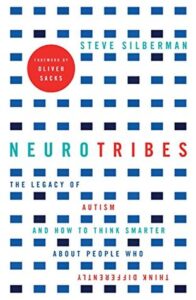 Bloodshot, Cherie Priest
Bloodshot, Cherie Priest
There’s a lot to love about Bloodshot. The protagonist is a flapper vampire with obsessive-compulsive disorder, who uses her skills to steal things and sort of looks out for two street urchins who’ve taken up residence in her warehouse. Her client is a blind vampire who may be able to control the weather, having been experimented on by the government, and her eventual sidekick is a crossdressing ex-Navy SEAL who looks fabulous in either male or female clothing, kicks complete ass, and is trying to find out what happened to his sister in the same sort of experiments. The interactions are delightful, and Raylene’s tone is often funny.
There are some quibbles — Raylene tends to ramble, and on a second read it becomes obvious how long it takes for the plot to get off the ground. I’m still immensely fond of the characters and all the ass they kick, despite being tiny and obsessive-compulsive (Raylene), in high heels and a glittery thong part of the time, including during action scenes (Adrian) and blind (Ian). They make for a great team. Raylene’s a little too trigger happy — or rather, I guess, fang-happy; she’s definitely morally ambiguous, for all that I totally rooted for her throughout.
It might possibly work better as a TV show or movie, in that Raylene’s inner monologue is part of what slows things up. Not that I can imagine anyone making something of this and not utterly butchering it in some way — what charms about it is partly that these characters would rarely be allowed to shine in quite this way in mainstream fiction, and it’s possible in another context Adrian would be used as comic relief in some way. (Which he isn’t, which is great.)
Still very fun, but also definitely still flawed on a reread.









